Research
Our Mission
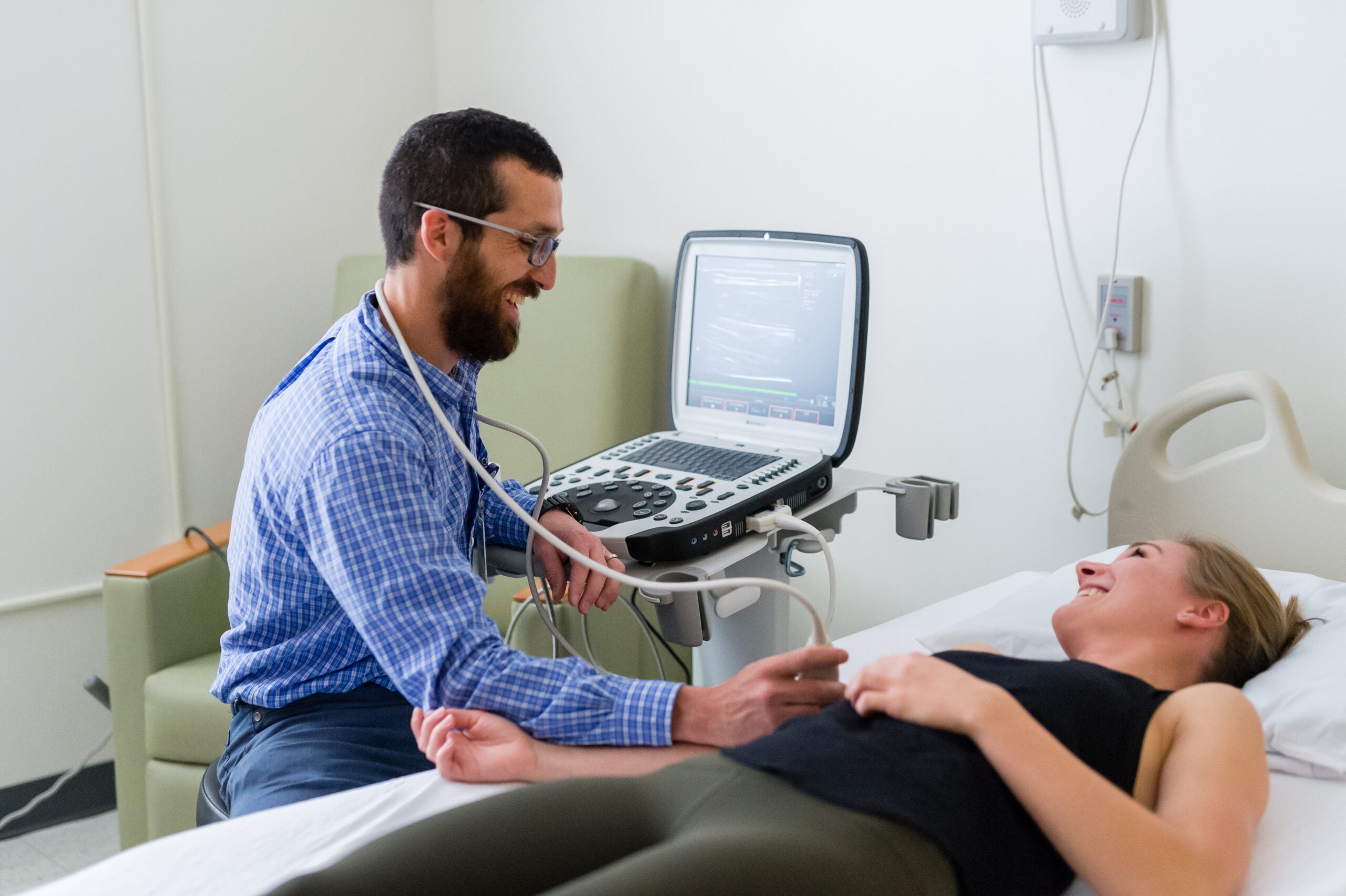
The Cardiovascular Division at the University of Virginia is dedicated to advancing patient health through science, discovery, and innovation. The Division places great emphasis on promoting the activities of its physician-scientists and basic scientists, who apply their knowledge and creativity to introduce novel cardiovascular diagnostics and therapeutics. The Cardiovascular Division is also closely integrated with the Robert M. Berne Cardiovascular Research Center to translate basic research discoveries at the University of Virginia into clinical research initiatives.
The Division supports its faculty’s basic, translational, and clinical science productivity and is dedicated to training tomorrow’s scientists. We provide resources to disseminate knowledge through education and scientific communication.
Our History
The history of impactful cardiovascular research at the University of Virginia spans over 100 years. Many key scientific discoveries and accomplishments have been translated into human healthcare and integrated into clinical care. Some of the significant scientific breakthroughs and efforts from members of the Cardiovascular Division that have changed patient care can be seen below:
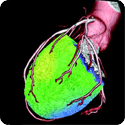 UVA clinician-scientists pioneered the field of nuclear cardiology, contrast echocardiography, and cardiovascular magnetic resonance imaging, all of which have become cornerstones in CV imaging.
UVA clinician-scientists pioneered the field of nuclear cardiology, contrast echocardiography, and cardiovascular magnetic resonance imaging, all of which have become cornerstones in CV imaging.
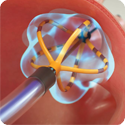 Novel approaches to rhythm disturbances using certain anti-arrhythmic drugs, such as adenosine and catheter-based ablation, originated at the University of Virginia.
Novel approaches to rhythm disturbances using certain anti-arrhythmic drugs, such as adenosine and catheter-based ablation, originated at the University of Virginia.
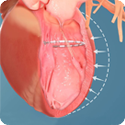 UVA clinician-scientists have been at the forefront of novel valve replacement procedures from the earliest days of valve surgery to today’s expanding use of novel percutaneously placed valves.
UVA clinician-scientists have been at the forefront of novel valve replacement procedures from the earliest days of valve surgery to today’s expanding use of novel percutaneously placed valves.
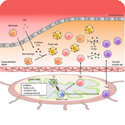 UVA Cardiology clinician-investigators have teamed with basic vascular physiologists to explore mechanisms underlying atherosclerosis and microvascular dysfunction.
UVA Cardiology clinician-investigators have teamed with basic vascular physiologists to explore mechanisms underlying atherosclerosis and microvascular dysfunction.
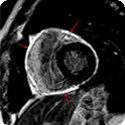 UVA researchers have pioneered the use of targeted immunotherapy for a wide variety of cardiovascular diseases, including atherosclerotic disease, LV remodeling, heart failure, pericardial disease, and stress cardiomyopathy.
UVA researchers have pioneered the use of targeted immunotherapy for a wide variety of cardiovascular diseases, including atherosclerotic disease, LV remodeling, heart failure, pericardial disease, and stress cardiomyopathy.
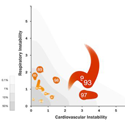 Predictive analytics, which involves novel artificial intelligence monitoring of critically ill patients, including neonates, were pioneered at UVA and are now used to identify those at near-term risk for acute complications.
Predictive analytics, which involves novel artificial intelligence monitoring of critically ill patients, including neonates, were pioneered at UVA and are now used to identify those at near-term risk for acute complications.
Division Scientists
The Division of Cardiovascular Medicine Faculty includes diverse researchers involved in basic, translational, and clinical research. These investigators are pioneering the technologies, therapies, and care pathways that continue to benefit patients today and tomorrow. See our Division Research faculty below.
Clinical and Multicenter Trials
 At the University of Virginia, we actively engage in clinical research involving human subjects to better understand cardiovascular disease and test novel therapies. Clinical research is being performed in all areas of cardiology, including coronary artery and peripheral artery disease, heart failure, rhythm disorders, valve disease, microvascular dysfunction, preventive cardiology, women’s heart disease, and cardio immunology. Clinical trial activity includes studies conceived and being led by physician-scientist investigators at UVA and studies where UVA works collaboratively as a part of a large consortium to test novel therapies. View ongoing clinical trials related to Cardiology.
At the University of Virginia, we actively engage in clinical research involving human subjects to better understand cardiovascular disease and test novel therapies. Clinical research is being performed in all areas of cardiology, including coronary artery and peripheral artery disease, heart failure, rhythm disorders, valve disease, microvascular dysfunction, preventive cardiology, women’s heart disease, and cardio immunology. Clinical trial activity includes studies conceived and being led by physician-scientist investigators at UVA and studies where UVA works collaboratively as a part of a large consortium to test novel therapies. View ongoing clinical trials related to Cardiology.
For questions, contact:
CLClinicalTrialContact@uvahealth.org
434.982.1058
Research Facilities and CVRC
 The laboratory, equipment, and administrative support resources of the Cardiovascular Division are diverse. The Clinical Trials Support Unit program includes a pool of Clinical Research Coordinators and regulatory specialists. Space for performing human research is an integral part of outpatient clinic space, and specialized units equipped for human research are available and key to many of our research staff, including the Exercise Physiology Core Laboratory and multiple basic and translational science cores (see UVA Resources below).
The laboratory, equipment, and administrative support resources of the Cardiovascular Division are diverse. The Clinical Trials Support Unit program includes a pool of Clinical Research Coordinators and regulatory specialists. Space for performing human research is an integral part of outpatient clinic space, and specialized units equipped for human research are available and key to many of our research staff, including the Exercise Physiology Core Laboratory and multiple basic and translational science cores (see UVA Resources below).
The Cardiovascular Division is tightly integrated with the Robert M. Berne Cardiovascular Research Center, which houses the physical laboratories for our Division’s basic and translational scientists.
Research Training
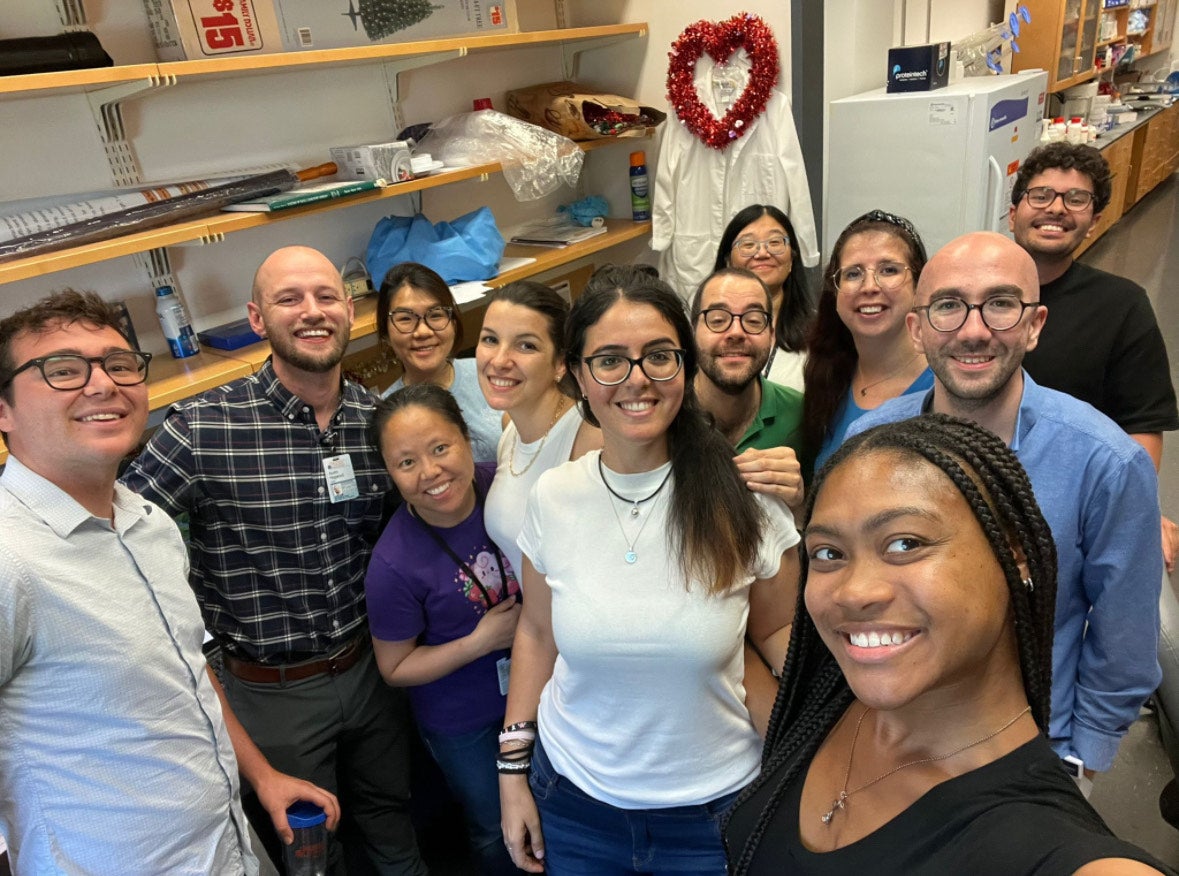 The Cardiovascular Division at the University of Virginia has a long history of commitment to training physician-scientists in clinical, translational, and basic research. This commitment far exceeds the basic mandates for scholarly activities and research for Cardiovascular Medicine fellowship training programs. Key strengths of Research Training include the faculty commitment to research mentorship and the deep resources provided to support the research training enterprise. Among the many resources provided are the NIH T32 training grant opportunities that help support dedicated mentored research programs. The T32 training programs available to MD and PhD research fellows and graduate students are:
The Cardiovascular Division at the University of Virginia has a long history of commitment to training physician-scientists in clinical, translational, and basic research. This commitment far exceeds the basic mandates for scholarly activities and research for Cardiovascular Medicine fellowship training programs. Key strengths of Research Training include the faculty commitment to research mentorship and the deep resources provided to support the research training enterprise. Among the many resources provided are the NIH T32 training grant opportunities that help support dedicated mentored research programs. The T32 training programs available to MD and PhD research fellows and graduate students are:
UVA Research Resources and Information
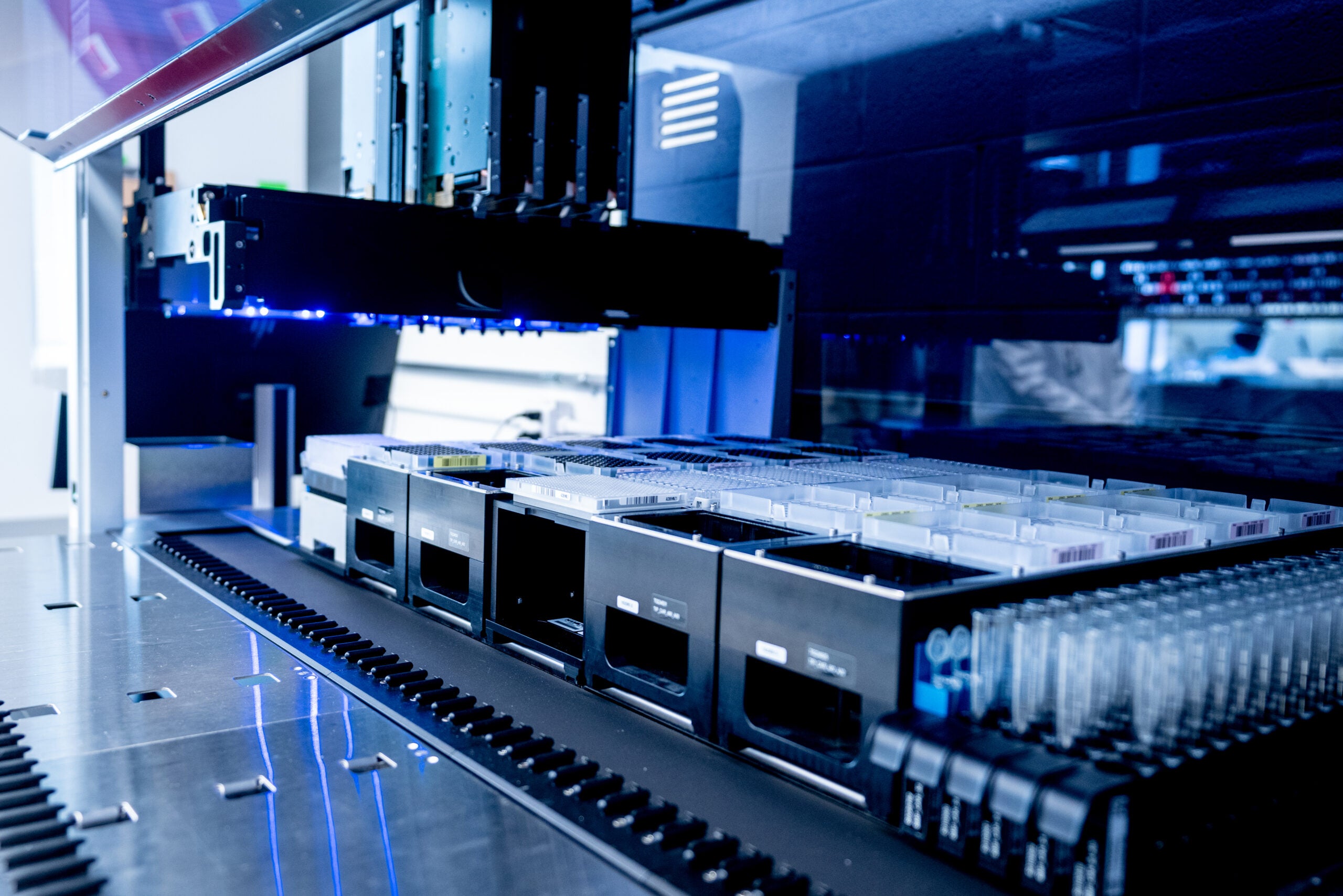 The University of Virginia provides a wide array of scientific, development, regulatory, communication, and business resources to support the research enterprise. Below is a link to a reference list for key UVA research-related administrative sites (e.g., IRB, IACUC, Venture and Licensing Group, Environmental Health & Safety) and to serve as a guide to University and School of Medicine resources that support our scientists.
The University of Virginia provides a wide array of scientific, development, regulatory, communication, and business resources to support the research enterprise. Below is a link to a reference list for key UVA research-related administrative sites (e.g., IRB, IACUC, Venture and Licensing Group, Environmental Health & Safety) and to serve as a guide to University and School of Medicine resources that support our scientists.
Support Our Mission and Research

Philanthropy is essential for advancing research, as it provides the necessary resources to explore innovative ideas that may not receive traditional funding. This support accelerates discoveries and breakthroughs that benefit patients and improve healthcare. At UVA, we are committed to supporting the next generation of researchers and recognize philanthropy’s crucial role in developing early-career scientists. Researchers in the UVA Cardiology division have a history of leveraging even modest philanthropic gifts into much larger funded research programs. Support our research.
